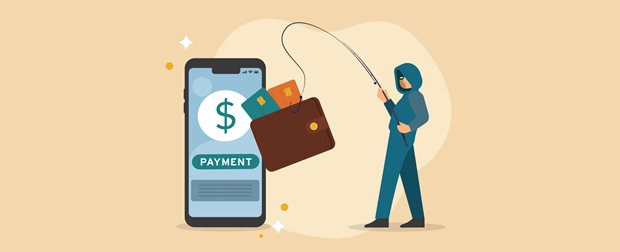It’s tax time again, which means that tax scams are on the rise. Currently, scammers are impersonating IRS employees and have stolen millions of dollars and personal information by targeting taxpayers. To help ensure you don’t get conned, read more below about the IRS protocols so you can determine whether you have been contacted by an actual IRS associate or not.
Only pay the "United States Treasury"
If you owe money, the IRS instructs taxpayers to make payments to the “United States Treasury.” If someone asks you to make payments via a prepaid debit card, gift card or wire transfer, it’s a scam. The IRS will also never ask for credit or debit numbers over the phone. If you owe money, you will receive several notices in the mail before the IRS calls or visits in person.
Ask for credentials
If you do get a visit from an IRS associate, you have a right to ask for credentials. Genuine IRS associates carry two forms of official credentials: a HSPD-12 card and a pocket commission. They will also provide you with a dedicated IRS telephone number you can call to confirm their employment.
Don't get tricked by a threat
Scammers impersonating IRS associates often use threats to intimidate people to give them money or personal information. The IRS will not threaten to revoke your driver’s license, business licenses, or immigration status, nor will an IRS associate threaten to contact the local police or other law-enforcement groups. If an IRS agent threatens you, he or she is probably an IRS imposter.
Emails and social media
The IRS will not reach out to you via social media or email requesting payment or personal information. If you get an email or social media message that looks as if it came from the IRS, do not click on any links or respond with any sensitive information.
Make a report
If you think you’ve been contacted by an IRS impersonator, make sure to report it to the “IRS Impersonation Scam Reporting” webpage or you can call (800) 366-4484.







